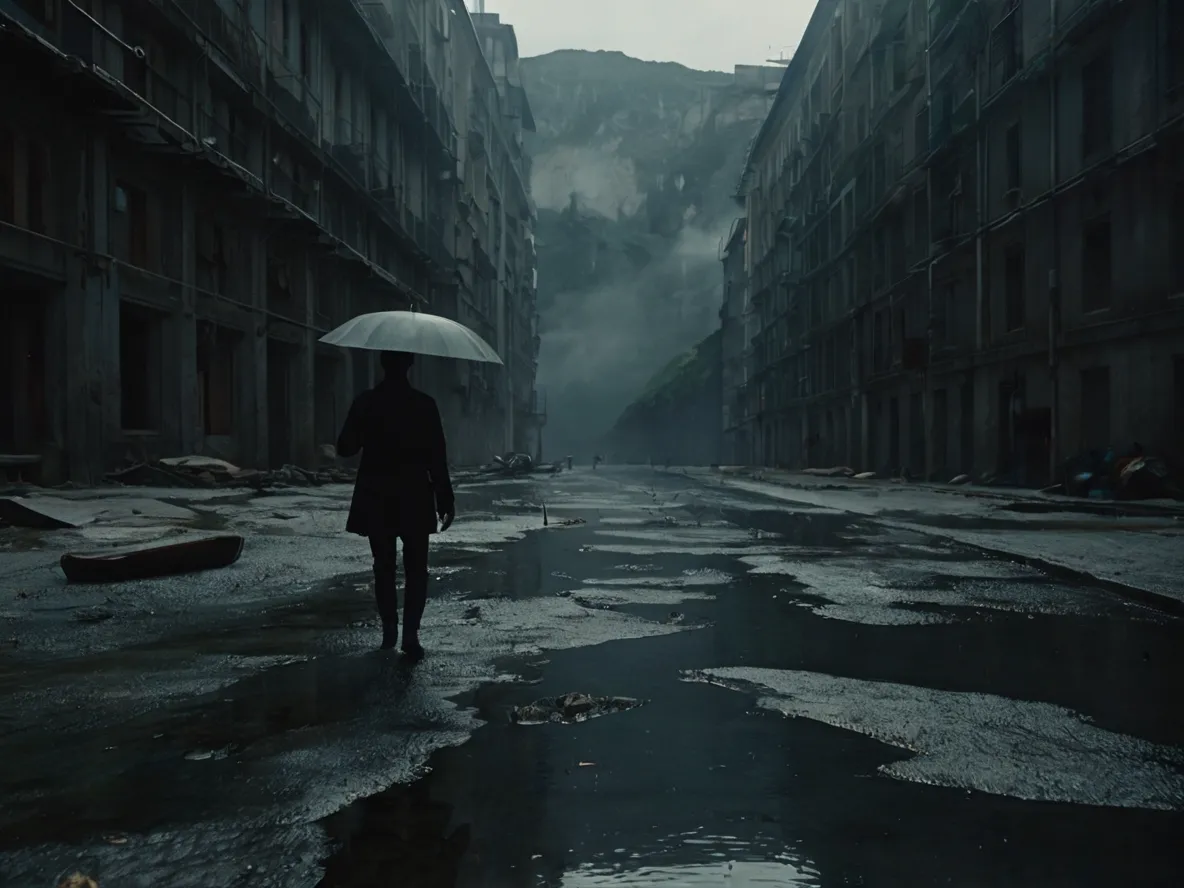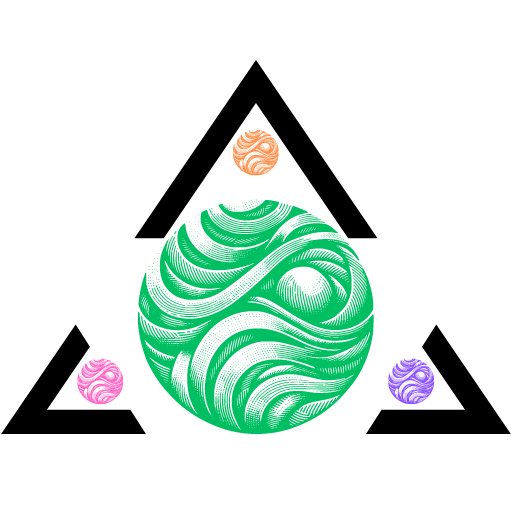Introduction
Déjà vu is a mysterious and intriguing phenomenon that has puzzled scientists, psychologists, and laypeople alike for centuries. The term “déjà vu” is French for “already seen,” and it describes the uncanny feeling that one has lived through the present situation before. This sensation can be fleeting and elusive, yet it leaves a lasting impression on those who experience it. In this article, we will delve into the intricacies of déjà vu, exploring its possible causes, its various forms, and the scientific research that aims to unravel its mysteries.

What is Déjà Vu?
Déjà vu is a psychological phenomenon where an individual feels that they have experienced a current situation before, despite knowing that it is happening for the first time. This feeling of familiarity is often accompanied by a sense of strangeness or eeriness, as the person struggles to reconcile the present moment with the inexplicable sense of past experience.
The Different Types of Déjà Vu
Researchers have identified several types of déjà vu, each with its own characteristics and triggers:
- Déjà Vecu: This is the most common form of déjà vu, where a person feels that they have lived through the present situation before. It is often accompanied by a strong sense of familiarity and the feeling that one knows what will happen next.
- Déjà Senti: This type of déjà vu involves a feeling of having already felt something, rather than having experienced a situation. It is typically associated with a fleeting sense of familiarity and is often triggered by a specific thought or emotion.
- Déjà Visité: This less common form of déjà vu involves a feeling of having visited a place before, despite never having been there. People experiencing déjà visité may feel an inexplicable sense of familiarity with the layout, sights, and sounds of a new location.
Theories and Explanations of Déjà Vu
Over the years, various theories have been proposed to explain the phenomenon of déjà vu. While there is no single definitive explanation, several hypotheses offer insights into the possible mechanisms behind this mysterious sensation.

Memory-Based Theories
One of the most widely accepted explanations for déjà vu is that it is related to memory processes. According to memory-based theories, déjà vu occurs when there is a mismatch between the brain’s current perception and the retrieval of stored memories.
- Dual Processing Theory: This theory suggests that déjà vu occurs when there is a temporary overlap between two cognitive processes: familiarity and recollection. When the brain processes a new experience, it simultaneously assesses the familiarity of the situation and attempts to retrieve related memories. If the familiarity signal is triggered before the brain completes the recollection process, it can create a false sense of having experienced the situation before.
- Hologram Theory: Proposed by psychologist Hermon Sno, this theory posits that memories are stored in the brain as holograms, with each fragment containing the whole memory. When a new experience shares similarities with a stored memory, the brain may access these fragments, leading to the sensation of déjà vu.
Neurological Theories
Neurological explanations for déjà vu focus on the brain’s structure and function. These theories suggest that déjà vu may result from temporary disruptions or anomalies in neural activity.

- Temporal Lobe Epilepsy: Some researchers believe that déjà vu may be linked to temporal lobe epilepsy, a condition characterized by abnormal electrical activity in the temporal lobes of the brain. People with temporal lobe epilepsy often report experiencing déjà vu just before a seizure, suggesting that similar neural mechanisms may be involved in both phenomena.
- Neural Transmission Delay: Another hypothesis is that déjà vu may occur due to a slight delay in neural transmission between different parts of the brain. If the brain processes sensory information out of sync, it may create the illusion that the current experience has already occurred.
Psychological Theories
Psychological theories of déjà vu focus on the individual’s mental state and cognitive processes. These explanations suggest that déjà vu may be influenced by factors such as stress, fatigue, or attentional lapses.

- Split Perception Theory: This theory proposes that déjà vu occurs when a person briefly perceives a situation but does not fully register it. When they re-encounter the situation moments later, it feels familiar because it was partially processed the first time around.
- Cryptomnesia: This phenomenon involves the unconscious recall of a forgotten memory. In the case of déjà vu, a person may unconsciously remember a similar past experience, leading to the sensation of familiarity.
Scientific Research on Déjà Vu
Despite its elusive nature, déjà vu has been the subject of extensive scientific research. Advances in neuroimaging, cognitive psychology, and neuroscience have provided valuable insights into the possible mechanisms behind this phenomenon.
Neuroimaging Studies
Modern neuroimaging techniques, such as functional magnetic resonance imaging (fMRI) and electroencephalography (EEG), have allowed researchers to study brain activity during episodes of déjà vu. These studies have identified specific brain regions that may be involved in the experience of déjà vu.
- Temporal Lobes: Neuroimaging studies have shown that the temporal lobes, particularly the medial temporal lobe, play a crucial role in memory formation and retrieval. Abnormal activity in these regions has been linked to the sensation of déjà vu.
- Prefrontal Cortex: The prefrontal cortex, responsible for higher cognitive functions such as decision-making and attention, has also been implicated in déjà vu experiences. Disruptions in the prefrontal cortex may contribute to the feeling of familiarity and the inability to accurately place the current experience in context.
Experimental Research
Experimental studies on déjà vu often involve creating conditions that mimic the sensation of familiarity. Researchers use techniques such as virtual reality, hypnosis, and controlled memory tasks to investigate the cognitive and neural mechanisms underlying déjà vu.

- Virtual Reality: By immersing participants in virtual environments that resemble real-world settings, researchers can study how the brain processes familiarity and novelty. These studies have shown that déjà vu is more likely to occur when there is a high degree of similarity between the virtual environment and previously encountered locations.
- Hypnosis: Hypnotic suggestion can induce feelings of familiarity and déjà vu. Through controlled experiments, researchers can manipulate participants’ perceptions and memories to investigate the factors that contribute to the sensation of déjà vu.
Case Studies and Clinical Research
Clinical research on déjà vu often focuses on individuals with specific neurological or psychological conditions. Case studies of patients with temporal lobe epilepsy, for example, have provided valuable insights into the neural mechanisms underlying déjà vu.
- Temporal Lobe Epilepsy: Patients with temporal lobe epilepsy frequently report experiencing déjà vu as an aura or warning sign before a seizure. Studying these individuals has helped researchers understand the role of the temporal lobes in memory and familiarity.
- Anxiety and Stress: Clinical research has also explored the relationship between déjà vu and psychological factors such as anxiety and stress. Some studies suggest that individuals with high levels of anxiety or stress may be more prone to experiencing déjà vu, possibly due to heightened arousal and attentional biases.
Cultural and Philosophical Perspectives on Déjà Vu
Déjà vu has not only been a topic of scientific inquiry but also a subject of fascination in various cultural and philosophical contexts. Different cultures and philosophical traditions have offered their own interpretations of this enigmatic phenomenon.

Historical and Literary References
Throughout history, déjà vu has appeared in numerous literary works and historical accounts. Writers, poets, and philosophers have often used déjà vu as a metaphor for themes such as fate, memory, and the nature of reality.
- Literature: In literature, déjà vu is frequently used to convey a sense of mystery and the uncanny. Authors such as Marcel Proust and Fyodor Dostoevsky have explored the theme of déjà vu in their works, using it to delve into the complexities of memory and consciousness.
- Historical Accounts: Historical records from various cultures contain references to experiences similar to déjà vu. Ancient texts and folklore often describe sensations of familiarity and precognition, suggesting that déjà vu has been a universal human experience across time and cultures.
Philosophical Interpretations
Philosophers have long debated the nature and significance of déjà vu. Different philosophical traditions offer diverse perspectives on the phenomenon, ranging from existential and metaphysical interpretations to psychological and cognitive explanations.
- Existential Philosophy: Existentialist thinkers, such as Jean-Paul Sartre, have considered déjà vu as a manifestation of the human struggle with the nature of existence and the search for meaning. In existential philosophy, déjà vu is seen as a moment of introspection and self-awareness, prompting individuals to question the nature of reality and their place within it.
- Metaphysical Theories: Some metaphysical theories propose that déjà vu may be evidence of parallel universes, past lives, or the interconnectedness of all experiences. These interpretations suggest that déjà vu could be a glimpse into alternate realities or memories from previous incarnations.
Conclusion
Déjà vu remains one of the most captivating and elusive phenomena in the realm of human experience. Despite significant advancements in scientific research, the exact mechanisms behind déjà vu continue to elude definitive explanation. Whether viewed through the lens of memory, neurology, psychology, or philosophy, déjà vu offers a unique window into the complexities of the human mind and the nature of reality.

As research progresses, new insights into the causes and implications of déjà vu are likely to emerge, further enriching our understanding of this enigmatic sensation. In the meantime, the experience of déjà vu continues to intrigue and inspire, reminding us of the profound mysteries that lie within the depths of our own consciousness.











